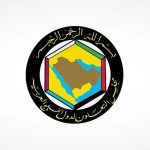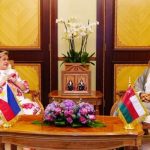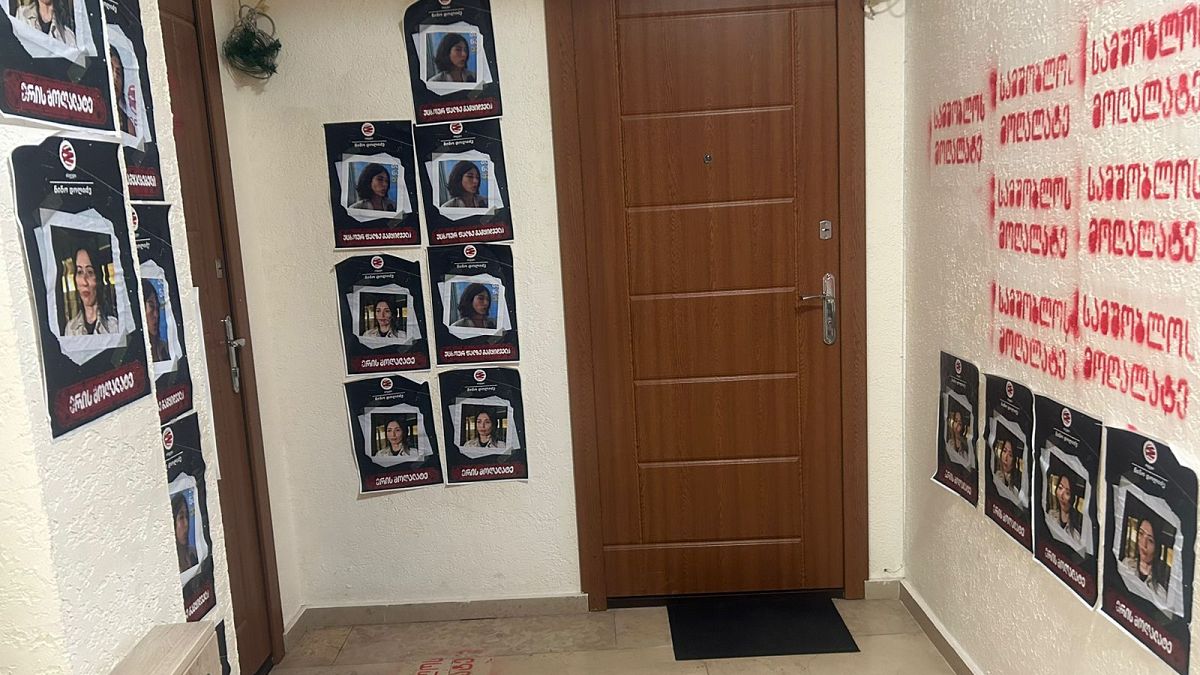Georgia is currently facing major protests in response to a new law that requires NGOs receiving foreign funding to register as “foreign-funded organisations”. This law, known as the Foreign Influence Law, has been likened to legislation imposed by the Russian government. The International Society for Fair Elections and Democracy (ISFED), which monitors elections in Georgia, is one of the NGOs affected by this law due to its funding from the EU and the US. Director Nino Dolidze explains how the ruling party has been creating a hostile environment for foreign-funded NGOs even before the passage of this law, with threats, phone calls, and smear campaigns.
The ruling party in Georgia has been targeting foreign-funded NGOs, particularly those involved in election monitoring, as a result of the upcoming parliamentary elections in October. ISFED and similar organizations face pressure to register as foreign agents, which they refuse to do on principle. The law allows authorities to unilaterally investigate and monitor organizations that do not register, putting additional pressure on NGOs like ISFED. The government’s focus on election monitoring NGOs suggests that these organizations are at the forefront of the government’s efforts to limit their activities.
The passing of the Foreign Influence Law has sparked large protests across Georgia, indicating widespread opposition to the legislation. While there is no specific polling data on public attitudes towards the law, the scale of the demonstrations suggests significant public discontent. These protests have been noted not only in the capital city of Tbilisi but also in other major cities like Batumi and Kutaisi. The continuity of protests across various sectors of society reflects a unified opposition to the law and its implications for civil society.
Despite the potential consequences of refusing to register under the Foreign Influence Law, ISFED has chosen to maintain its stance against becoming labeled as a foreign agent. The organization faces a substantial administrative fine if it fails to comply with the registration requirements, which could ultimately lead to its closure. This decision reflects the broader concerns within civil society about the stigmatization and repercussions of being labeled a foreign agent. The risk of losing credibility and trust from beneficiaries and partners is a significant concern for NGOs like ISFED.
The stigmatization associated with being labeled a foreign agent poses a significant threat to the operations of NGOs in Georgia. The perception of foreign-funded organizations as enemies or spies due to the country’s Soviet past creates a hostile environment for civil society. The experience of NGOs in Russia, where registration led to closures and detentions, adds to the fears of organizations like ISFED. The risk of losing partnerships, being perceived as working against national interests, and facing potential repercussions make it challenging for NGOs to operate under these circumstances.
The situation in Georgia reflects broader challenges facing civil society organizations in countries where governments seek to control or limit their activities. The passage of laws targeting foreign-funded NGOs, coupled with harassment and intimidation tactics, undermines the essential role that civil society plays in promoting democracy and accountability. The case of ISFED highlights the growing threats to civil society in Georgia and the need for international support to protect organizations working to uphold democratic values and human rights.











